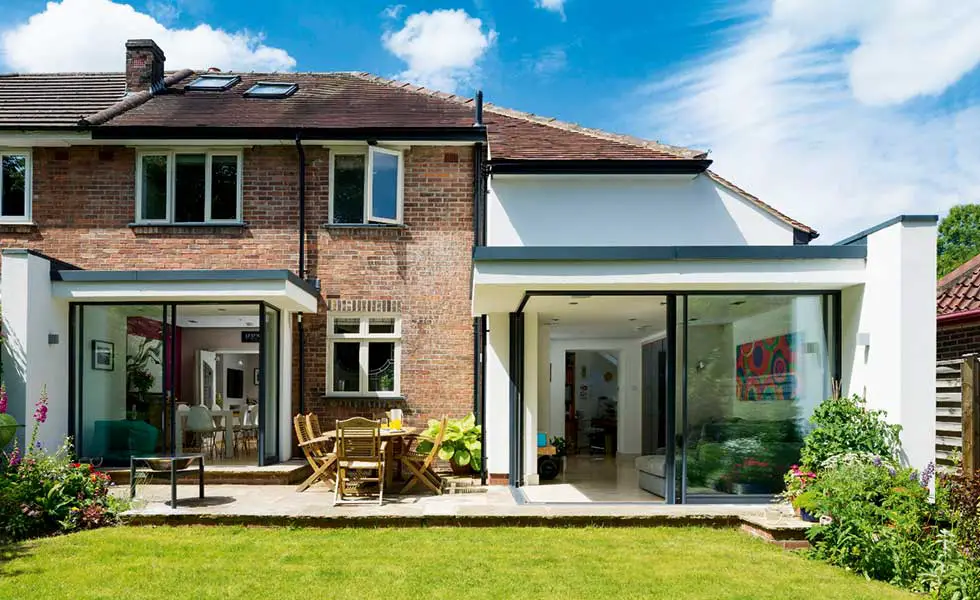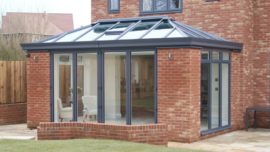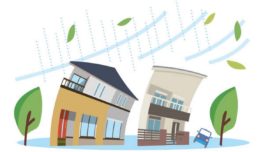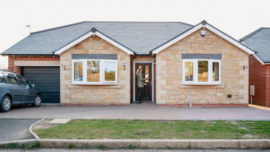
The ROI of Home Extensions: How Adding Space Adds Value
When it comes to investing in your home, few projects offer as promising a return on investment as adding a well-designed home extension. Whether you’re looking to create more living space for your family or simply increase the value of your property, a thoughtfully planned and executed extension can be a smart financial move. In this blog, we’ll explore the concept of ROI (Return on Investment) in the context of home extensions. While discussing how they can increase the value of your property and which types of extensions tend to provide the best return on investment.
Why Home Extensions Add Value
Home extensions can significantly increase the value of your property, primarily due to the following factors:
- Increased Living Space: One of the most obvious reasons a home extension adds value is by providing additional living space. In a competitive real estate market, homes with more square footage are often more attractive to buyers, leading to a higher selling price.
- Enhanced Functionality: Home extensions can be tailored to your specific needs. Adding an extra bedroom, bathroom, or a larger kitchen can make your home more functional and appealing to potential buyers.
- Improved Aesthetics: A well-designed extension can enhance the curb appeal of your property, making it more visually appealing. Aesthetic improvements can significantly impact the perceived value of your home.
- Energy Efficiency: Modern home extensions are often built with energy efficiency in mind. This can include better insulation, energy-efficient windows, and environmentally-friendly construction materials. These features can reduce utility costs and add value to your property.
Types of Home Extensions with High ROI
Not all home extensions are created equal when it comes to ROI. Some tend to offer a higher return on investment than others. Here are a few types of extensions that are known for their potential to add significant value to your property:
- Kitchen Extensions: The kitchen is often considered the heart of the home. A well-designed kitchen extension can significantly boost your home’s value. Open-plan kitchens with modern fixtures and plenty of natural light are especially appealing.
- Bathroom Extensions: Extra bathrooms, particularly en-suite bathrooms for bedrooms, are highly sought after by buyers. Adding an additional bathroom can increase the functionality and desirability of your home.
- Master Suite Extensions: Expanding your master bedroom to create a spacious master suite can add a touch of luxury to your home. Features like walk-in closets and an en-suite bathroom can make your home more attractive to potential buyers.
- Sunroom or Conservatory: These additions offer a seamless connection to the outdoors and provide an enjoyable space for relaxation. They are perfect for homeowners who love natural light and the feeling of being surrounded by nature.
- Garage Conversions: If you have a garage that you don’t use for parking, converting it into a living space can be a cost-effective way to add value to your home. It can serve as an additional bedroom, home office, or entertainment room.
- Two-Story Extensions: If you have the space and budget for it, a two-story extension can provide the most significant increase in living space. It’s an ideal option for larger families and can be a valuable addition.
Maximizing ROI through Good Planning
While certain types of home extensions tend to offer better ROI, it’s essential to remember that the quality of design and construction plays a crucial role in the success of your project. To maximize the return on your investment, follow these guidelines:
- Hire Professionals: Work with experienced architects, designers, and contractors to ensure that your extension is well-planned, structurally sound, and aesthetically pleasing.
- Comply with Building Codes: Ensure that your extension complies with local building codes and regulations. Failing to do so can lead to costly legal issues.
- Energy Efficiency: Invest in energy-efficient features to reduce utility costs and increase the appeal of your property.
- Quality Materials: Choose durable, high-quality materials that not only look good but will stand the test of time.
- Aesthetics: Pay attention to the aesthetics of the extension, ensuring that it complements the existing architecture of your home.
- Landscaping: Don’t forget the importance of landscaping to create a harmonious transition between the extension and the rest of your property.
In conclusion, home extensions can be a wise investment. Both in terms of enhancing your living experience and increasing the value of your property. When carefully planned and executed, home extensions can offer a substantial return on investment. By focusing on the right type of extension for your needs and the local real estate market, you can enjoy the benefits of additional space and a more valuable home.






